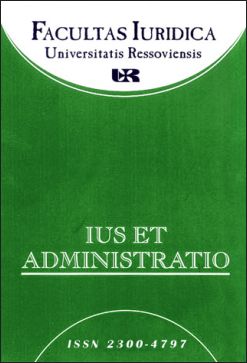The New Regulation in the Romanian Law Concerning the Victim’s Consent – a Case which Exonerates from Liability
Keywords:
civil liability, new Romanian Civil code, justificatory cases, victim’s consent, damage caused to the goods, damages caused to the physical or mental integrityAbstract
The problem of the victim’s consent, requires a differentiated analysis, as it regards the damage caused to the goods, the damage caused through violations of the right to life, health or physical integrity or the damage resulted from the breach of some non-patrimonial rights, other than the right to life, health, integrity. Where consent allows the diminution or exoneration from liability, it will be verified under the aspect of meeting the conditions requested by law for its validity. The rule is the interdiction to cause injury to the human body. The human body is inviolable and indispensable. Generally, no disclaimer can regard this type of rights which are granted and protected by the norms of the positive law. The human body is indispensable, which means that neither the body, as a whole, nor its elements, can form the object of transaction. All the situations of exception are strictly subordinated to the condition of the prior consent of the victim. She does not consent to the occurrence of the damage, but manifests her agreement to the performance of that activity – activity that also presents the risk of generating certain damages. The problem of the consent has special connotations within the medical field, especially in relation to the aesthetic surgery; when patients are incapable of expressing their consent; in the case of drawing of tissues, organs or human cells; in the framework of bioethics activities. Moreover, the consent is a prior and indispensable condition for the disclosure of personal rights. In the Romanian legal system, the principle of consent was regulated for the first time in the new Civil code. It governs the entire field of personal rights. It is expressly stipulated in relation to the private life, right to dignity, right to one’s own image, to the respect owed to the deceased person.
Downloads
Downloads
Published
How to Cite
Issue
Section
License
Copyright (c) 2013 Ius et Administratio

This work is licensed under a Creative Commons Attribution-NonCommercial-NoDerivatives 4.0 International License.

